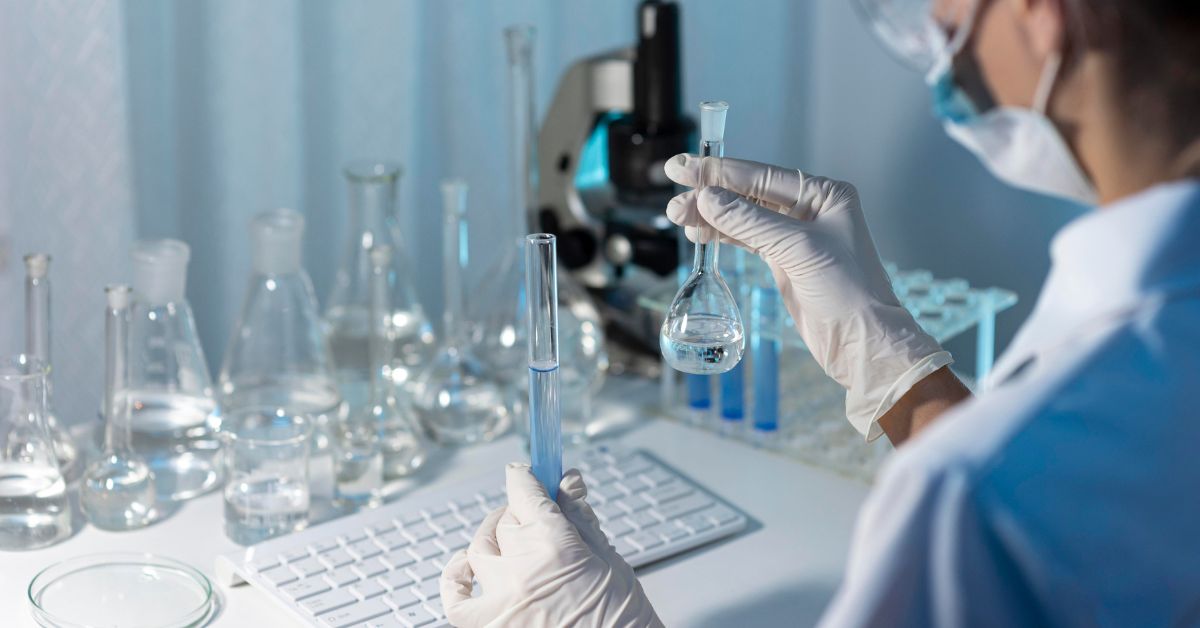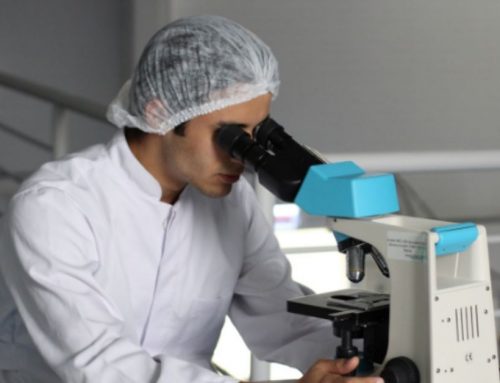ELISA tests, or enzyme-linked immunosorbent assay, is a biochemical technique found in many applications such as microbiology, blood screening, and veterinary immunology to detect antigens and antibodies in a sample. Because these tests are rapid and fairly simple to conduct, ELISA has been implemented into diagnostics and quality-control programs throughout a number of industries.
These assays are known as “immunosorbent” because they utilize antibodies absorbed on an immobile surface to remove a specific antigen from a solution, or vice versa. This is a widely used detection technique that functions on a common foundation compared to other immunoassay techniques that are available.
Types of ELISA
To understand how ELISAs may benefit your facility, you must first understand how they work. There are four main types of ELISAs: Sandwich, Direct, Indirect, and Competitive
- Sandwich ELISA
- This is the most common type of ELISA in which two antibodies are used to ‘sandwich’ the antigen. It is typically used in determining analyte concentration in a biological sample
- Direct ELISA
- In this type, an antigen or sample is immobilized directly on the plate and a conjugated detection antibody binds to the target protein. This method is used when assessing antibody affinity and specificity, or when investigating inhibitory interactions.
- Indirect ELISA
- Indirect ELISAs are used when measuring endogenous antibodies. This method is similar to direct where an antigen is immobilized on a plate, but includes an additional amplification detection step.
- Competitive ELISA
- Competitive ELISAs are used for small molecules in determining the concentrations of these molecules and hormones. It is similar to the sandwich ELISA, where a capture antibody is coated on a microplate, but then a conjugated antigen is used to complete the binding with the antigen still present in the sample.
Ensure Sample Integrity
One of the benefits of ELISAs is the fact that they are rapid tests and calculated to carry out high throughput screening and multiplexing. The first step in ensuring your ELISA produces the best results is to make sure your samples have been collected properly and are kept in the right conditions. This is imperative to ensure your samples are properly cared for in case they contain interfering substances that may be antigen-binding, which may need to be removed through centrifugation or diluted.
Washing is Imperative
One obstacle in ELISA is background noise, which can interfere with your ELISA output and diminish the power of your assay. Often, the background noise comes from improperly or inadequately blocking and washing the plates.
To ensure success, it is important to wash wells thoroughly and remove the entire wash buffer following each wash. Although ELISAs typically require multiple steps in the wash workflow, these steps are important in ensuring the quality results you are looking for.
Optimize Signal Intensity
Regardless of the samples you use, whether they have a small concentration of antigens or large, there may be issues with signal detection. To increase the signal intensity, the incubation time of the enzyme-substrate reaction can be increased as well as increasing the amount of enzyme bound to the antibodies.
To decrease signal intensity, sample dilution is the easiest solution. By decreasing the concentration, the sample intensity also decreases. High signal intensity may also be caused by overexposure of the enzyme-substrate to light and oxygen. To combat this you can quickly add enzyme substrate to the wells and run the reaction in a dark incubator.
Laboratory Management With CGS
At Credence Global Solutions, our team of highly qualified professionals can assist your in-house team by taking over the administrative aspects so you can focus on company growth. We can help you adopt the usage of ELISA tests to simplify your testing, allowing your company to cut back on administrative costs, testing products and reduce the cost of various lab tests. By implementing these tests, your laboratory can experience high efficiency both in testing and analysis, allowing you to focus more on generating maximum revenue.
By outsourcing your laboratory management, the time spent on procedures will be significantly reduced, allowing you to maximize your revenue. To learn more about how we can help you, contact us today!





